Professor Lingjun Li reflects on her lab’s interdisciplinary research, the importance of spatial molecular imaging, and how tools like AI and mass spectrometry are shaping the future of biomedical science.


Professor Lingjun Li reflects on her lab’s interdisciplinary research, the importance of spatial molecular imaging, and how tools like AI and mass spectrometry are shaping the future of biomedical science.

Professor Jiaoyang Jiang’s work on protein glycosylation is being recognized with one of UW–Madison’s top faculty honors.

Through comics and communications, alum Kelly Montgomery bridges the gap between research and understanding, helping audiences of all backgrounds connect with science.
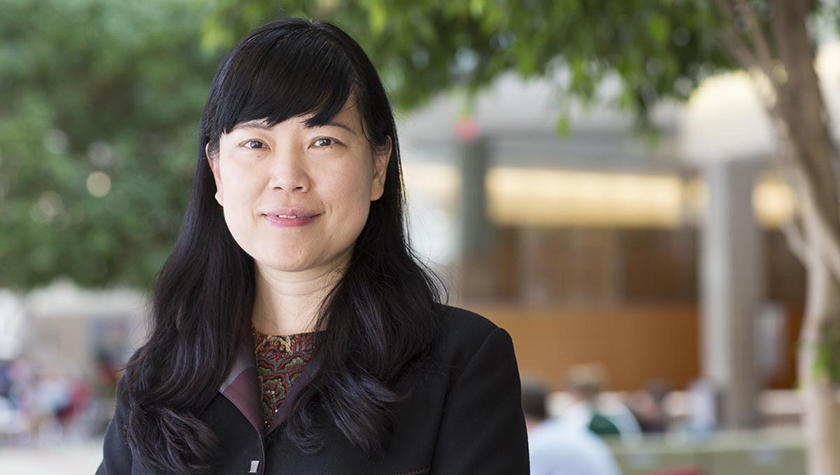
Professor Lingjun Li and lab members reveal the crucial role of neuropeptides in cocaine addiction, paving the way for novel therapies.

With support from the NIH, Assistant Professor Quanyin Hu uses a two-step system to attack triple-negative breast cancer.

With V Foundation funding, Assistant Professor Quanyin Hu aims to improve a cancer-killing hydrogel to improve outcomes for pediatric GBM patients.
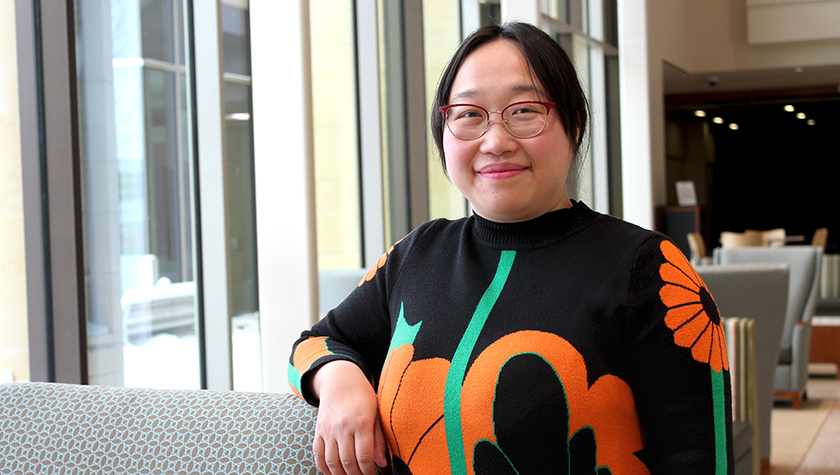
UW researchers find previously unknown links between microbial bile acids and the risk of colon cancer.
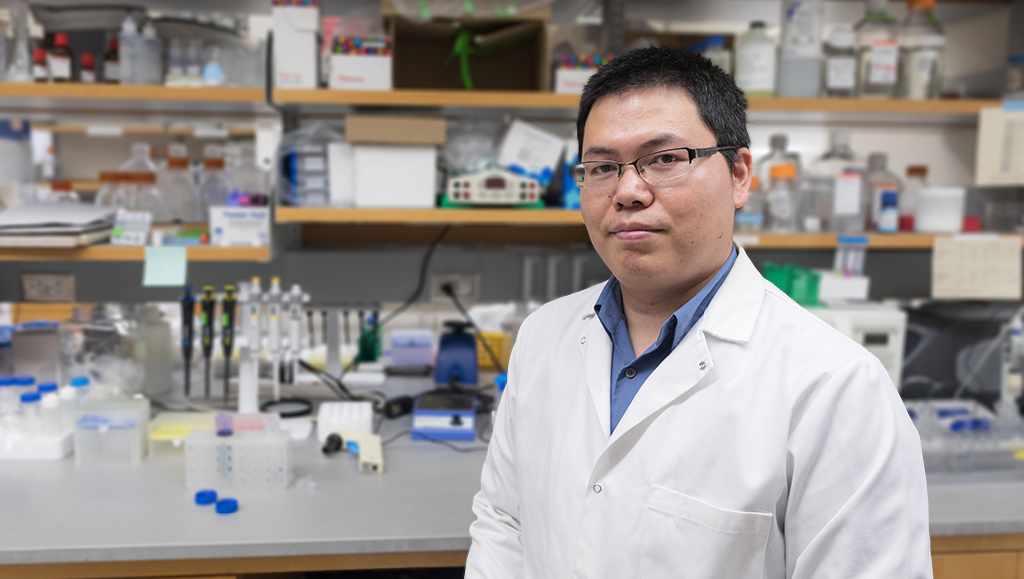
A cutting-edge platform developed by Assistant Professor Quanyin Hu uses protein-degrading platelets to suppress tumor regrowth and bolster immune response after surgery.
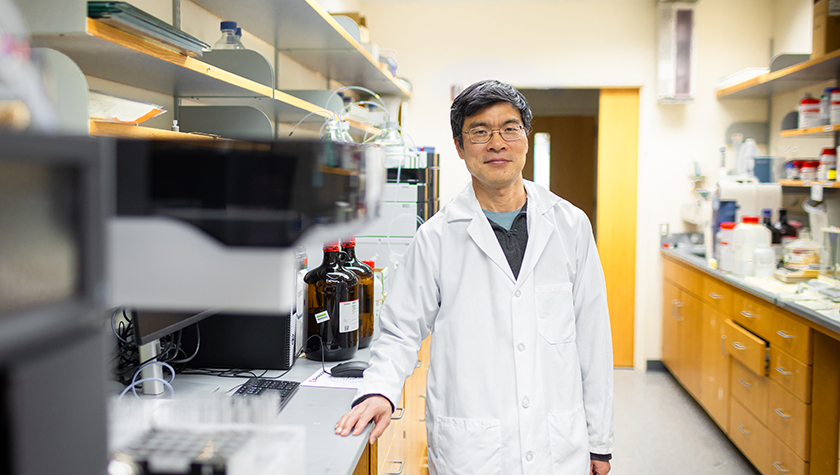
Professor Weiping Tang creates a new type of molecule to tag proteins on the surface of cancer cells for degradation.
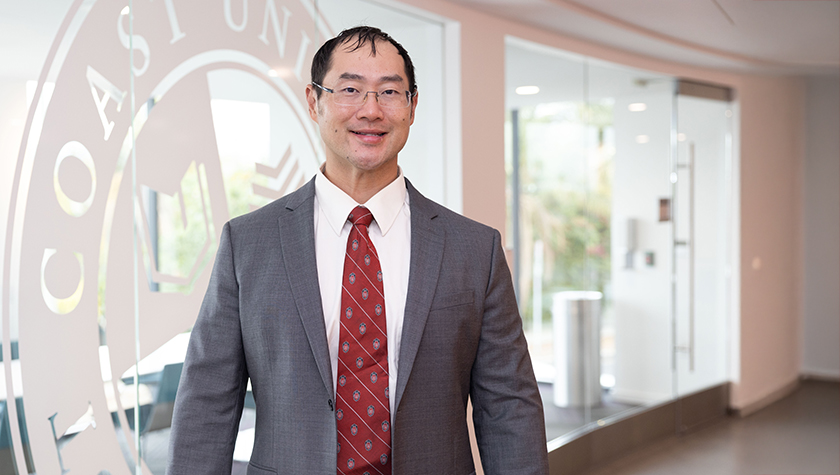
Alum Joe Su (PhD ’08) aims to tame the ‘Wild West’ of natural products to tackle chronic inflammation.